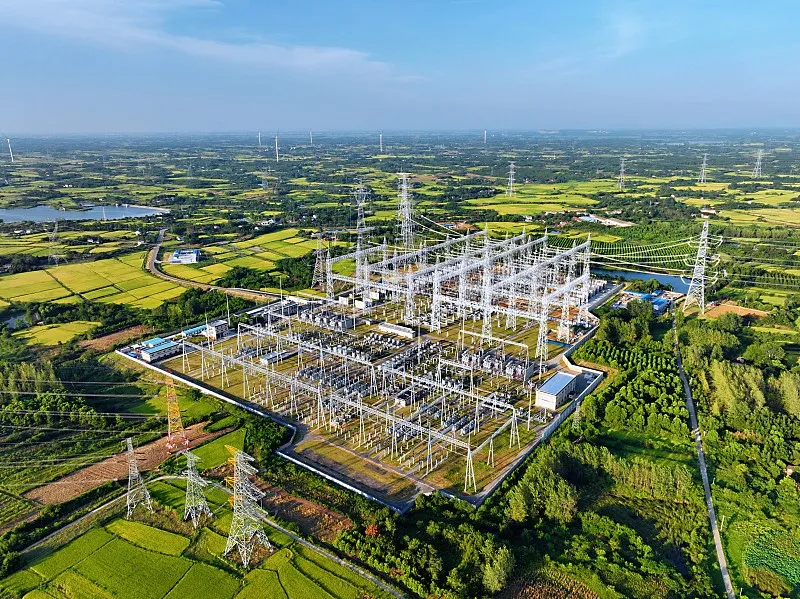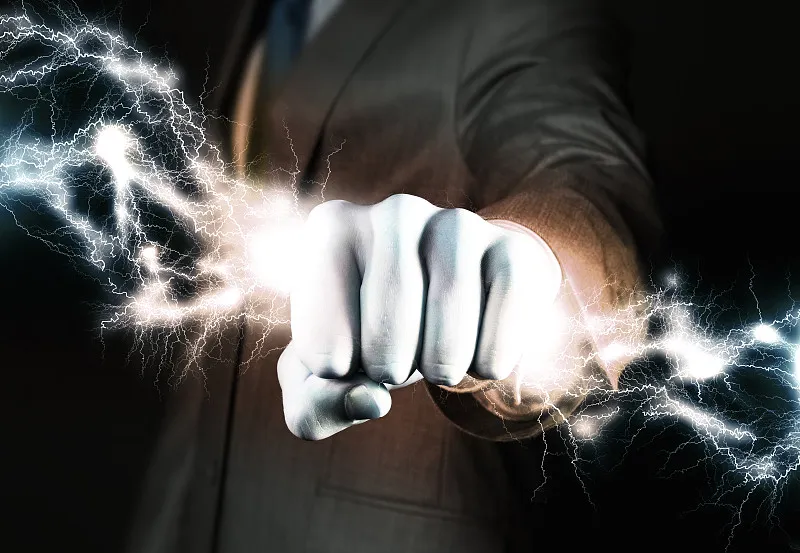What Should You Know Before Installing a Gas Heater at Home?
Preparing Your Home for a Gas Heater Installation
Installing a gas heater at home is a significant decision that affects comfort, safety, and long-term efficiency. A gas heater offers dependable warmth during cold months, ensuring that your living space remains cozy and welcoming. Before moving forward with installation, it is essential to consider several aspects such as ventilation, placement, and maintenance needs. Proper planning ensures that your gas heater performs efficiently while also extending its lifespan. With the right approach, homeowners can enjoy reliable heating that balances safety, cost-effectiveness, and convenience.
Planning the Installation of a Gas Heater
Assessing Home Heating Needs
The first step in preparing for a gas heater is understanding the specific heating requirements of your home. Factors such as square footage, insulation quality, and local climate all influence the type and size of gas heater needed. A heater that is too small may struggle to keep up with demand, while one that is oversized could waste energy and increase utility bills. Taking time to calculate the appropriate capacity ensures consistent comfort throughout winter.
Choosing the Right Location
Placement plays a crucial role in the performance of a gas heater. Selecting an area with proper airflow and accessibility allows the heater to distribute warmth effectively across the room or household. Installing a unit in a poorly ventilated or obstructed location could lead to uneven heating and potential safety hazards. Strategic positioning ensures not only maximum efficiency but also convenience for daily use.
Safety Considerations for a Gas Heater
Importance of Proper Ventilation
Ventilation is one of the most critical aspects when installing a gas heater. Without adequate airflow, combustion gases may accumulate indoors, creating health and safety risks. A well-designed ventilation system ensures that harmful byproducts such as carbon monoxide are safely expelled outdoors. This factor alone highlights why professional installation is highly recommended.
Incorporating Safety Features
Modern gas heaters come equipped with built-in safety mechanisms, including flame failure devices, oxygen depletion sensors, and automatic shut-off systems. These features add an extra layer of protection for households, especially in areas where the heater will operate for extended periods. Understanding these safety functions before installation provides peace of mind and ensures responsible usage.
Cost and Efficiency of a Gas Heater
Evaluating Installation Costs
Before committing to a gas heater, homeowners should carefully consider the financial aspects of installation. Costs vary depending on the type of heater, home layout, and whether additional ventilation or piping work is required. While upfront expenses may seem significant, they should be weighed against the long-term savings a gas heater can deliver through efficient operation.
Long-Term Energy Savings
One of the strongest advantages of a gas heater is its potential to reduce ongoing energy bills. By delivering direct and effective heat, it often consumes less energy compared to electric alternatives, especially in regions with affordable natural gas. Over time, this efficiency translates into substantial savings, making the initial investment worthwhile.
Practical Aspects of a Gas Heater Installation
Professional Installation Benefits
While some may consider a do-it-yourself approach, professional installation is essential for a gas heater. Certified installers ensure that all safety regulations are followed, connections are secure, and ventilation is properly established. This professional oversight prevents costly mistakes and extends the life of the heater.
Maintenance and Servicing Requirements
Once installed, a gas heater requires routine maintenance to perform optimally. Annual servicing helps detect issues early, clean critical components, and ensure safe combustion. Simple practices such as keeping vents clear and monitoring for unusual sounds or odors can further enhance the heater’s longevity. Homeowners who commit to regular care benefit from uninterrupted warmth and lower repair costs.
Comfort and Convenience of Using a Gas Heater
Rapid Heating Ability
One of the reasons many households choose a gas heater is its ability to deliver warmth quickly. Unlike systems that take longer to generate noticeable results, a gas heater provides near-instant comfort. This rapid response is especially valuable in the mornings or when returning to a cold home after being outside.
User-Friendly Controls
Today’s gas heaters feature easy-to-use controls such as programmable thermostats, timers, and remote operation. These functions allow users to customize their heating schedules, optimizing both comfort and efficiency. With simple adjustments, homeowners can maintain an ideal indoor climate without constant manual oversight.

Environmental Impact of a Gas Heater
Cleaner Burning Fuel Option
Compared to certain traditional heating sources, natural gas is considered a cleaner-burning fuel. A gas heater produces fewer emissions than coal or oil-based systems, making it a more environmentally responsible choice for households seeking to reduce their carbon footprint. This makes it appealing for families who want a balance of comfort and sustainability.
Integration with Modern Energy Solutions
Many modern gas heaters are compatible with smart home technologies and energy-efficient systems. Integration allows homeowners to monitor and adjust energy use more effectively, ensuring that the heater operates only when needed. This synergy between technology and efficiency makes the gas heater a forward-looking investment.
FAQ
How do I choose the right size gas heater for my home?
The correct size depends on your home’s square footage, insulation, and climate. Consulting with a professional installer ensures accurate calculations and avoids under or over-sizing.
Is professional installation necessary for a gas heater?
Yes, professional installation ensures safety, proper ventilation, and compliance with regulations. It also guarantees that the unit performs efficiently from the start.
How often should a gas heater be serviced?
A gas heater should be professionally serviced at least once a year. Regular maintenance keeps the system safe, efficient, and reliable during heavy winter use.
Can a gas heater reduce my energy bills?
Yes, in many cases a gas heater is more energy-efficient than electric systems, particularly in areas where natural gas is affordable. This can lead to noticeable savings over time.







